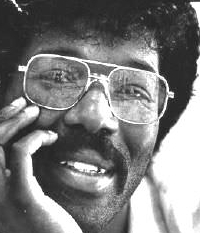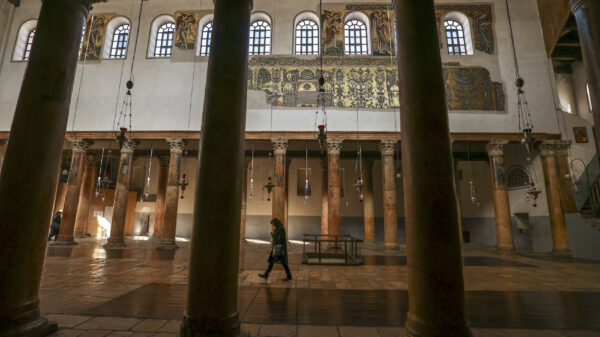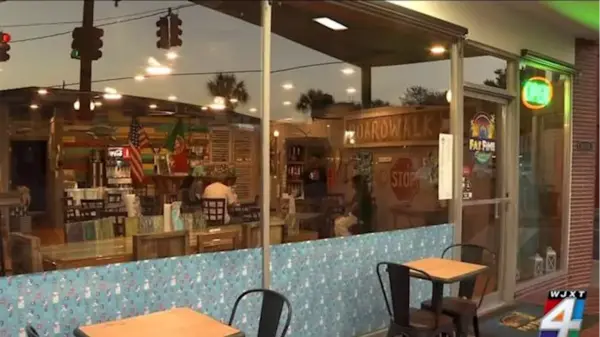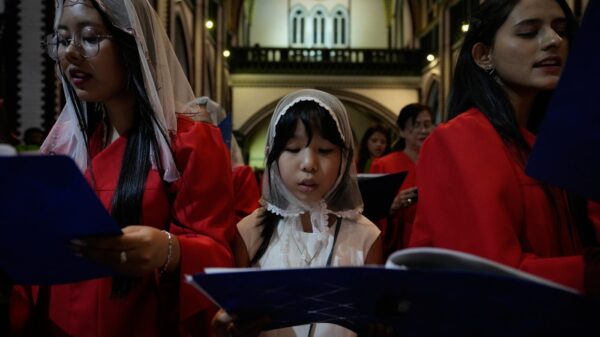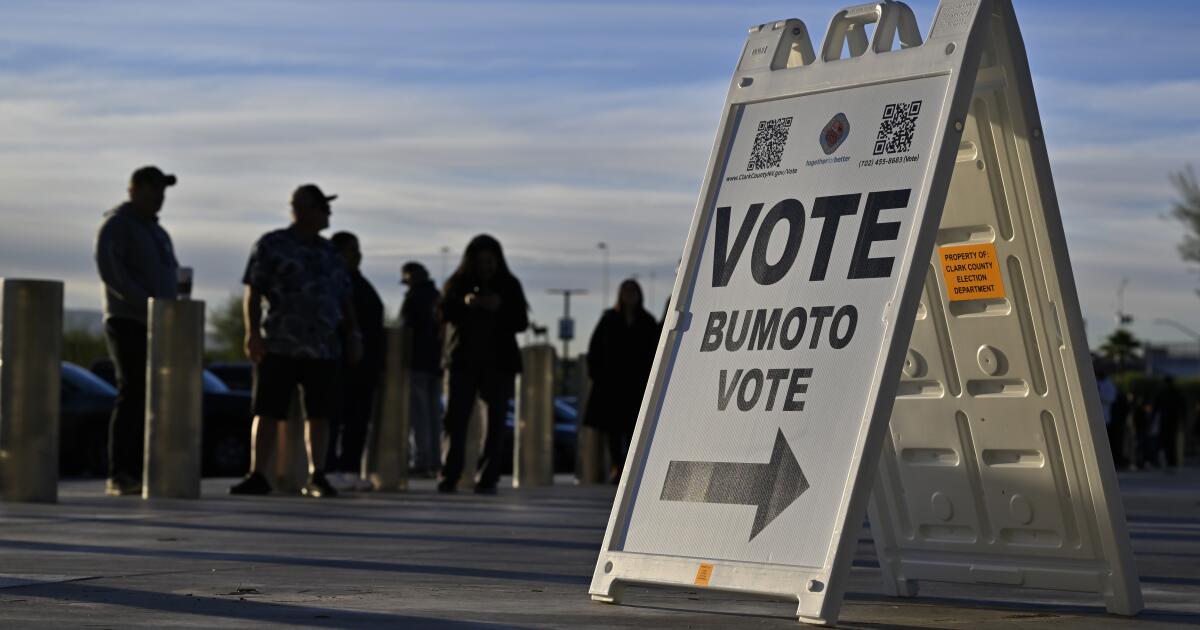Voter engagement in the United States is facing a significant challenge, as recent data reveals that over 60% of elections held this week were uncontested. According to findings from Ballotpedia, a nonpartisan organization that tracks election data, approximately 14,000 elections occurred across 30 states, with many local races lacking any competition. This trend raises critical questions about the health of American democracy.
The analysis highlighted the contrast between high-profile races, such as the recent mayoral election in New York City, where Zohran Mamdani emerged victorious, and the thousands of uncontested local elections. On the same night, more than 1,000 individuals were elected as mayors without facing an opponent. Of the mayoral races tracked by Ballotpedia, only about 700 provided voters with a choice, while over 50% of city council positions and nearly 80% of local judgeships were won without competition.
The data indicates a troubling trend. Since Ballotpedia began monitoring these elections in 2018, the percentage of uncontested races has climbed from around 65% to an alarming average of 75% over the past two years. This increasing disengagement may reflect a broader societal trend, as one-third of eligible voters chose not to participate in the November 2022 elections.
Doug Kronaizl, managing editor at Ballotpedia, noted that Americans seem to be focusing more on national politics, while local elections—which significantly impact daily lives—are largely overlooked. “We like to view elections sort of like a pyramid,” Kronaizl explained, emphasizing that the majority of elections occur at the local level, yet they often attract little attention.
The situation is particularly stark in states like Iowa and Ohio, where thousands of elections featured only one or no candidates. In some instances, uncontested elections lead to ballots not being printed, further diminishing the democratic process. Ballotpedia’s data does not account for outcomes decided without any voting, underscoring the gap in political opposition.
Concerns about the rise of uncontested elections were echoed by Neil Giuliano, former mayor of Tempe, Arizona. He emphasized the importance of candidates understanding the “three M’s”: money, electoral math, and messaging. Giuliano pointed out that many potential candidates feel discouraged, believing their efforts would have little impact or fearing the public backlash that often accompanies political campaigns.
In a similar vein, Amanda Litman, co-founder and president of the nonprofit organization Run for Something, highlighted the influx of interest in running for office since the election of former President Donald Trump. Litman noted that her organization has received over 200,000 inquiries from individuals eager to engage in local and state politics, driven largely by pressing issues such as housing affordability.
As civic participation continues to dwindle, the historical context of American democracy serves as a reminder of its fragility. The founders of the United States understood the critical role of political opposition, as enshrined in the First Amendment, which protects freedom of speech and assembly. Today, the crisis affecting American democracy stems not from external threats but from a growing detachment of citizens from local governance.
Former Los Angeles Mayor Antonio Villaraigosa reflected on the importance of civic engagement, urging individuals to participate in their communities. “Democracy is a living, breathing thing,” he stated, emphasizing that while not everyone can or wants to run for office, civic involvement is essential for a thriving democratic system.
The rise of uncontested elections signals a need for renewed focus on local political engagement. Without viable opposition on ballots, voters may find themselves trapped in a cycle of stagnation, unable to effect meaningful change. A robust democracy requires all three elements to function effectively: elected officials, engaged voters, and active political opposition. As the landscape of American elections evolves, fostering competition at the local level will be vital to preserving the democratic ideals upon which the nation was founded.














